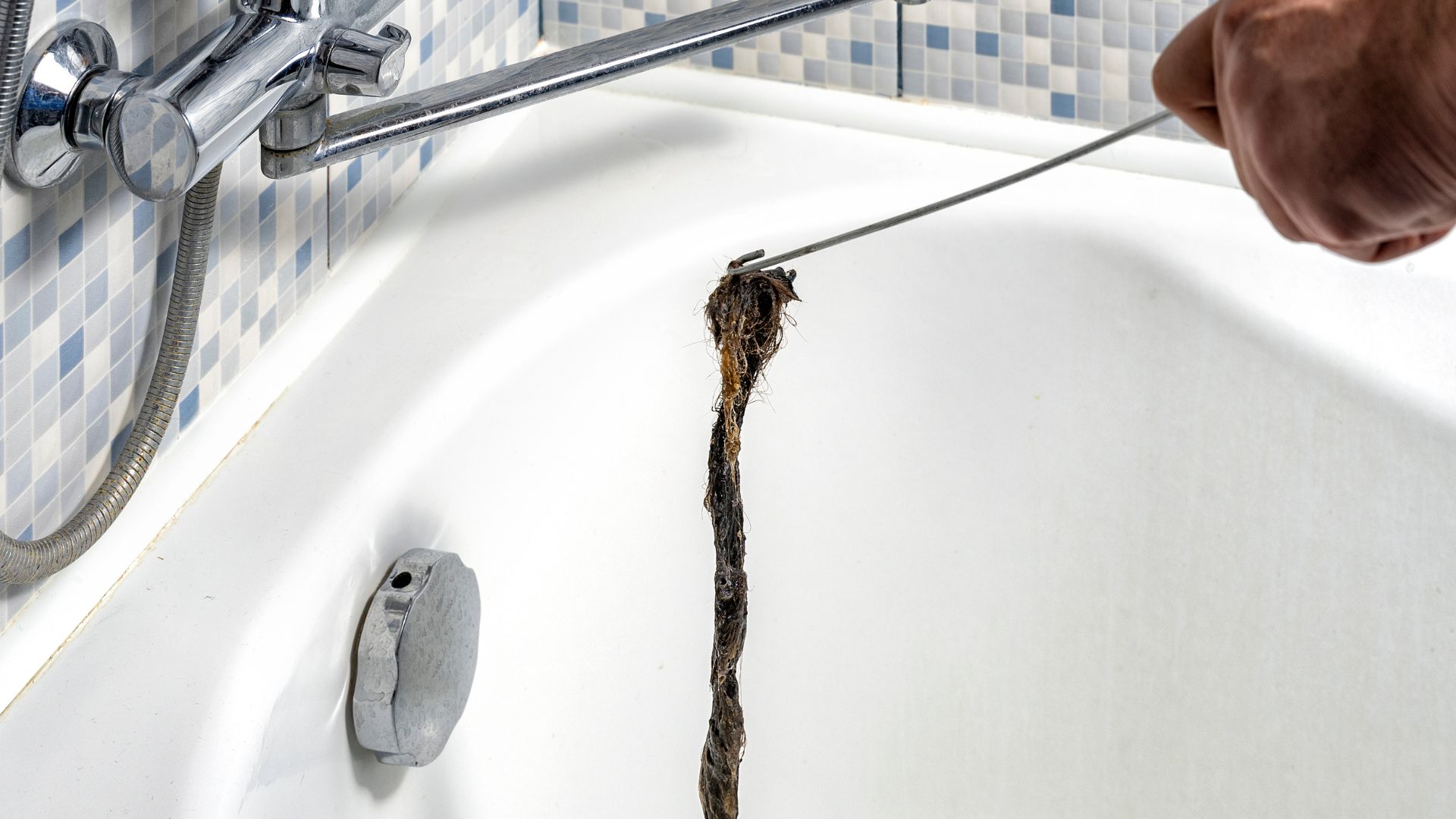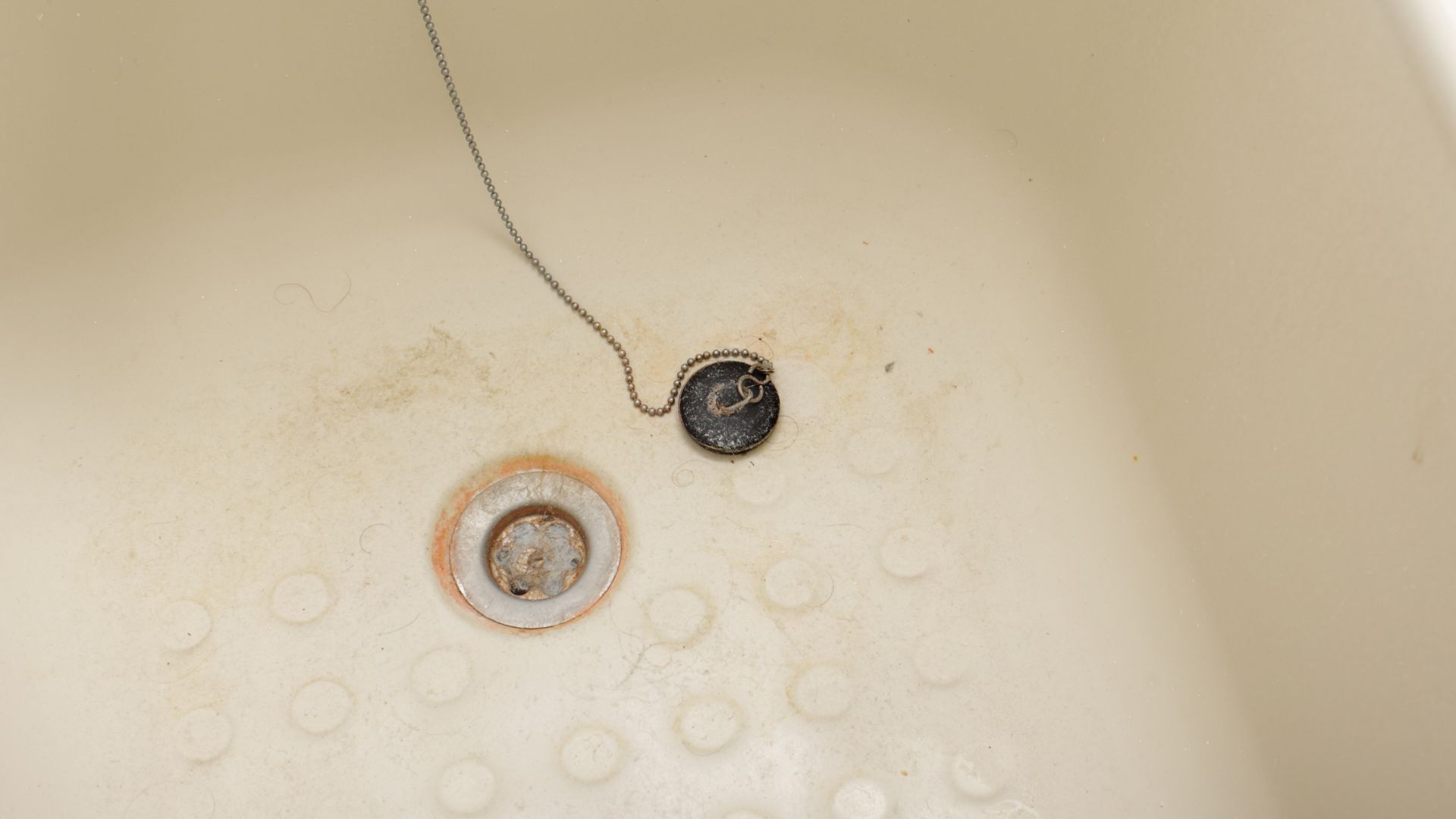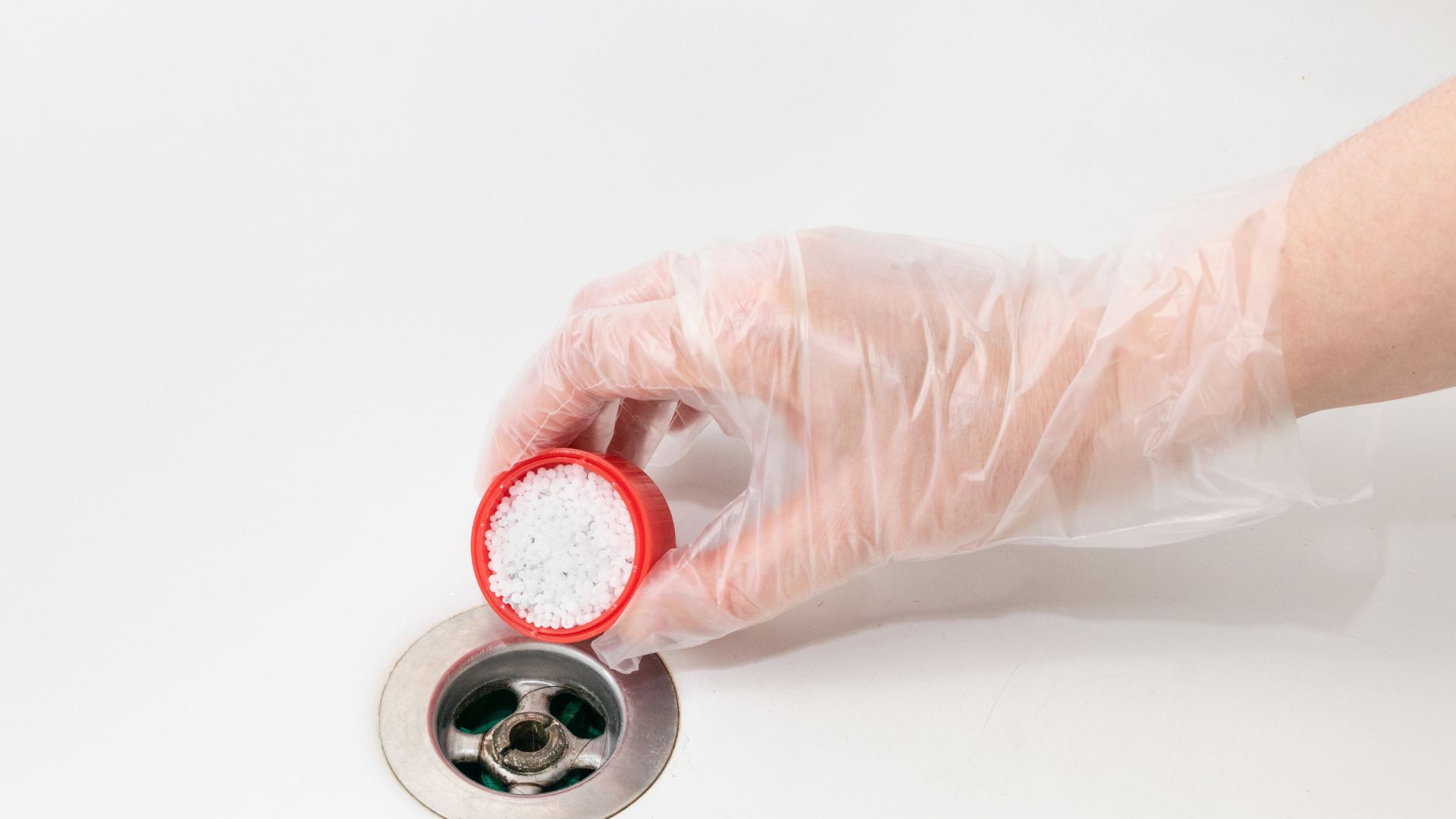7:00AM to 5:00PM
It’s easy to ignore a slow-draining bath, but the consequences of neglecting a blocked drain can be surprisingly costly. What starts as a minor inconvenience can quickly escalate into a major plumbing nightmare.
Blocked drains can lead to water backups that damage your blathroom flooring and fixtures, cause foul odours that linger throughout your home, and even result in long-term damage to your plumbing system. Left unchecked, what could have been a simple fix may turn into an expensive repair involving pipe replacement or extensive water damage restoration.
Proactive maintenance isn’t just about keeping water flowing freely—it’s about saving yourself from the headaches and financial burdens that come with neglected plumbing problems. Addressing minor issues today means avoiding major stress tomorrow.
Bath drain blockages can arise from a variety of common household habits and conditions. Understanding what causes these blockages can help prevent future issues.
One of the leading culprits is hair accumulation. Every time you shower or bathe, strands of hair inevitably make their way down the drain. Over time, these strands clump together, creating a tangled mess that can significantly restrict water flow.

Another major cause is soap scum. While soap helps keep us clean, it can also leave behind a residue that sticks to the inside of pipes. Over time, this residue solidifies and narrows the pipe, reducing water flow and contributing to blockages.
Foreign objects also play a role in clogging drains. Items like jewellery, toys, or even bottle caps can accidentally fall into the bath drain, obstructing water flow. These blockages often require special tools or professional help to clear.
Lastly, limescale buildup is a problem in many parts of Australia due to hard water. Minerals in the water gradually accumulate inside pipes, adding to existing blockages and making it even harder for water to pass through. By understanding these common causes, you can take steps to prevent clogs and keep your drains running smoothly.
Prevention is always better than cure, especially when it comes to maintaining clear bath drains. By incorporating a few simple habits into your daily routine, you can significantly reduce the likelihood of experiencing a clogged drain.
First and foremost, install a drain cover or strainer. This small investment can make a big difference, as it catches hair and other debris before they enter your drain. It’s easy to remove and clean, and can prevent a lot of potential problems.
Another effective habit is rinsing the drain with hot water after every bath. Hot water helps to flush away soap residue and other particles before they have a chance to accumulate and solidify inside the pipes.
Avoid pouring oils, lotions, or any greasy products down the drain. These substances can congeal and stick to the sides of your pipes, leading to blockages over time. Even though it might seem harmless, any oily substance can cause long-term plumbing issues.
Regular cleaning is also essential. Consider using eco-friendly solutions like vinegar and baking soda. Pouring a mixture of these down the drain, followed by hot water, can help break down any buildup naturally without the risk of damaging your pipes with harsh chemicals.
Incorporating these habits into your routine can ensure that your bath drain remains clear and functional, saving you from the frustration and cost of dealing with blockages.
Blocked bath drains often give warning signs before turning into full-blown issues. Knowing these signs can help you address problems before they escalate.
One of the most common indicators is slow water drainage. If you notice that water is taking longer than usual to drain after a bath, it’s a clear sign that something is obstructing the flow.

Another warning sign is gurgling sounds. If you hear unusual noises when water goes down the drain, it often indicates that air is trapped in the pipes due to a partial blockage.
Persistent unpleasant odours coming from the drain are another red flag. As materials like hair, soap scum, or food particles decompose in the drain, they can emit foul smells that linger in your bathroom.
Water pooling around the drain area is also a strong indication that your drain needs attention. Ignoring these signs could result in complete blockages, leading to significant inconvenience and expensive repair costs.
Addressing these issues promptly can prevent minor inconveniences from becoming major plumbing problems, saving you both time and money.
There are several simple DIY methods you can use to maintain a clear bath drain and avoid costly blockages.
One effective technique is using a bent wire or a drain snake to remove trapped hair. You can easily make a hook with a coat hanger and use it to fish out hair and debris that may be clogging the drain.
Another tried-and-tested method is the combination of baking soda and vinegar. Pour half a cup of baking soda down the drain, followed by half a cup of vinegar. Let it sit for about 15 minutes, then flush it with hot water. This natural solution helps break down minor clogs and keeps your pipes clear.
Regularly cleaning the drain cover or strainer is also important. Over time, these can collect a significant amount of debris, so make it a habit to clean them once a week to prevent blockages.
While chemical drain cleaners may seem like an easy fix, it’s important to be cautious. These chemicals can damage your pipes or even worsen blockages if not used properly. Instead, opt for safer, natural methods to keep your bath drain clear.

While DIY maintenance can be effective for minor clogs, there are times when professional help is necessary.
If you’re dealing with recurrent blockages despite your best efforts at cleaning, it’s a sign that there may be a deeper issue in your plumbing system that requires expert attention.
Complete water backups in the bath, where water simply refuses to drain, indicate a severe blockage that a professional plumber is best equipped to handle. Attempting to fix these issues on your own could result in damage to your pipes or fixtures, leading to more expensive repairs down the line.
Professional plumbers have the expertise and specialised tools to resolve stubborn blockages efficiently. Don’t hesitate to call in the experts when the situation calls for it—it can save you time, effort, and money in the long run.
Keeping your bath drain clear offers numerous benefits, from avoiding plumbing-related stress to maintaining a cleaner bathroom environment. Clear drains mean fewer unpleasant odours, faster water drainage, and reduced chances of unexpected repair costs.
Prevention is always better than dealing with the aftermath of a blockage. By adopting daily habits to keep your drain clear, staying alert for warning signs, and knowing when to call in a professional, you can ensure your bathroom remains a comfortable and hassle-free space.
If you’re struggling with a blocked bath drain or simply want peace of mind, contact Gold Coast Plumbing Company. We offer reliable, friendly, and efficient services tailored to meet the needs of Gold Coast residents. Let our experts handle the stress for you so you can enjoy a smoothly functioning bathroom without worry.